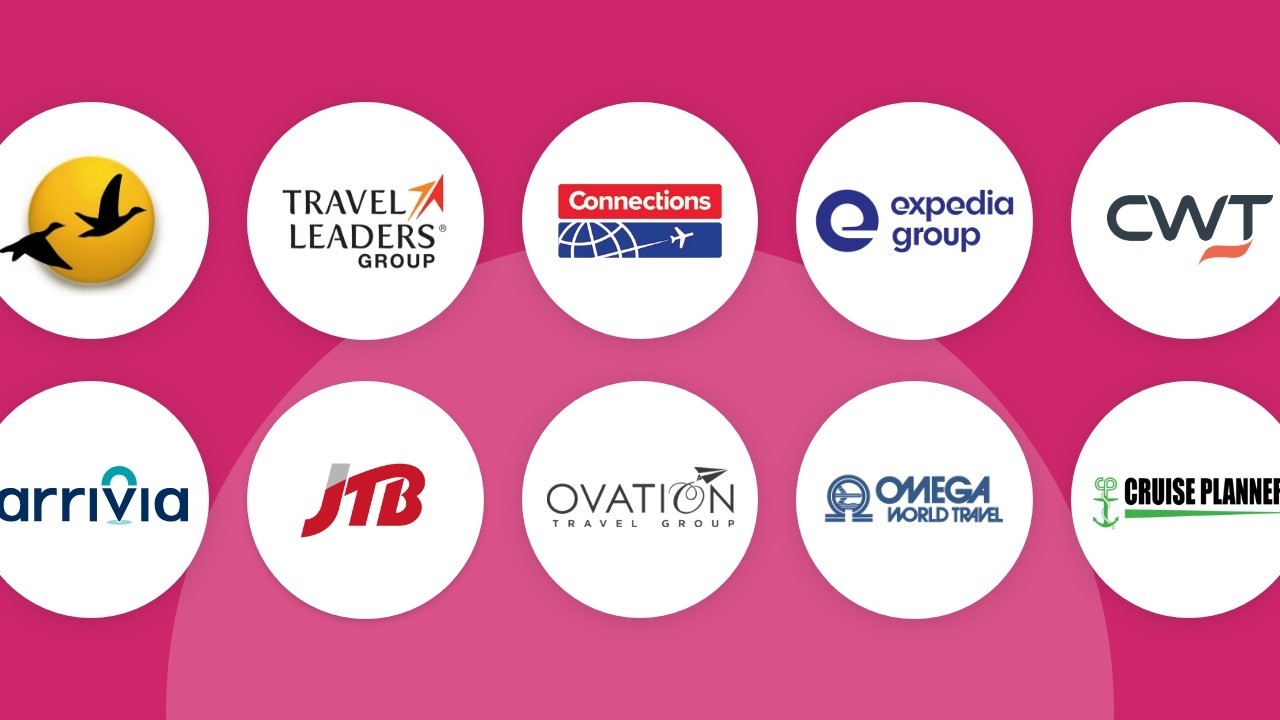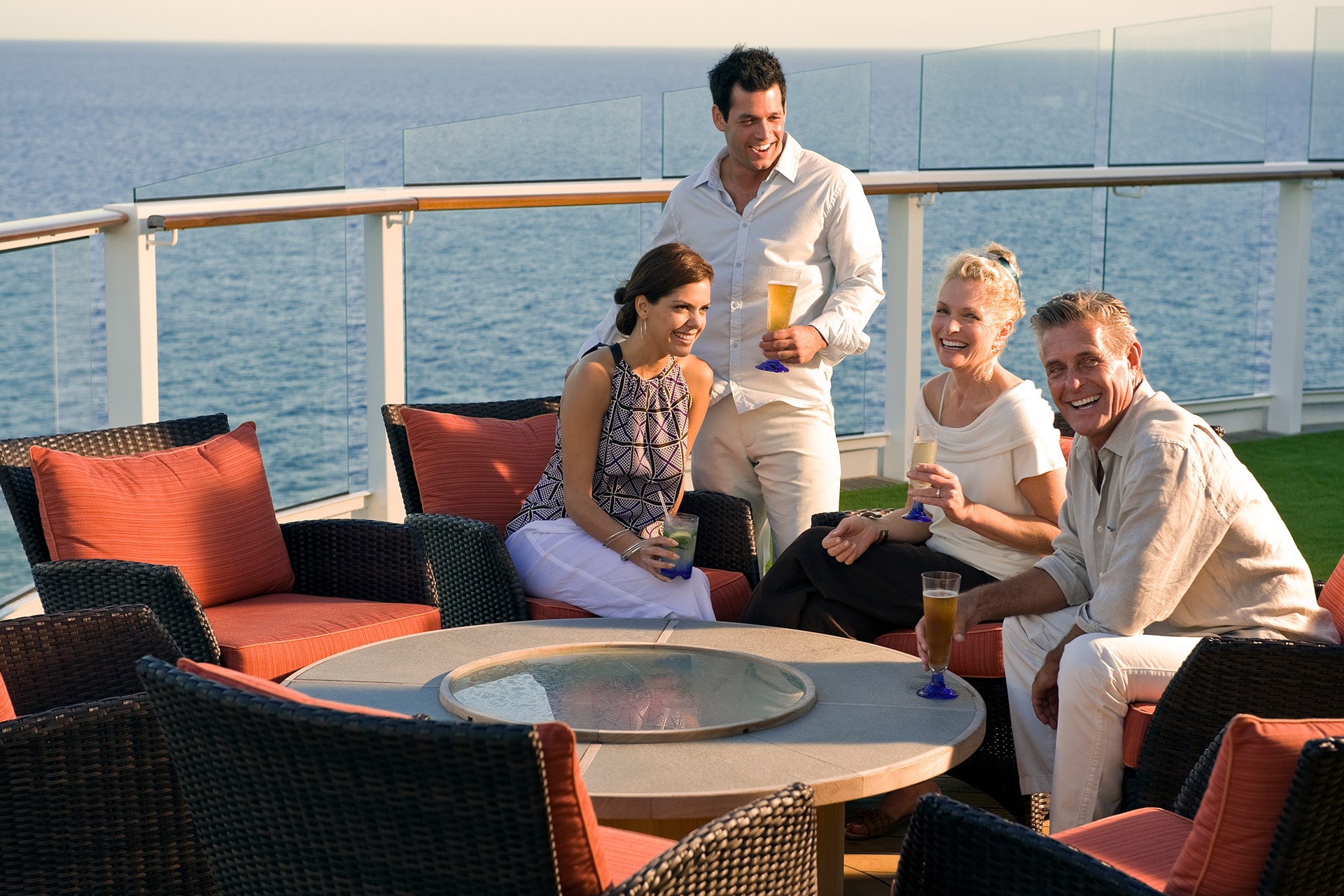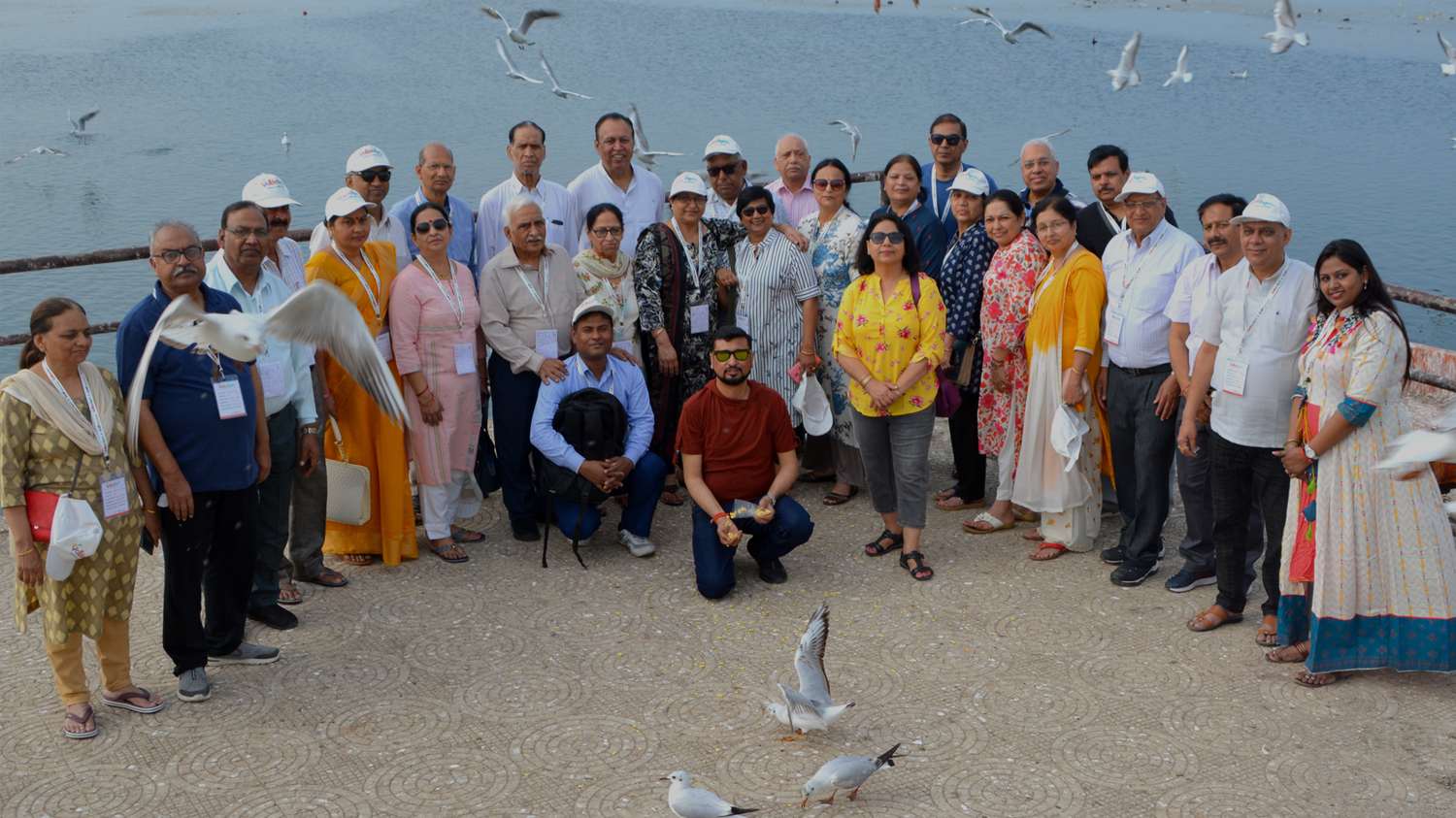Senior tour companies are experiencing a surge in popularity as the global population ages. This burgeoning market caters to a diverse clientele with varying needs and interests, from budget-conscious travelers to those seeking luxury experiences. Understanding the unique requirements of this demographic is key to success in this competitive sector. Companies are adapting their offerings, incorporating technological advancements, and focusing on specialized travel experiences to meet the evolving demands of senior travelers.
This sector encompasses a wide array of travel styles, including escorted tours providing comprehensive support, independent packages offering flexibility, and cruises or river cruises providing unique perspectives. The success of senior tour companies hinges on effective marketing strategies that build trust and showcase the value proposition for this specific demographic. Logistical considerations, risk mitigation, and operational efficiency are crucial for providing safe and enjoyable travel experiences.
Technological Advancements in Senior Travel
The travel industry is undergoing a digital transformation, and senior travelers are significantly benefiting from these technological advancements. From streamlined booking processes to enhanced safety features, technology is reshaping the senior travel experience, making it more accessible, convenient, and enjoyable. This evolution is driven by the increasing tech-savviness of older adults and a growing demand for tailored travel solutions that cater to their specific needs.
Enhanced Senior Travel Experience Through Technology, Senior tour companies
Mobile apps, online booking platforms, and virtual reality tours are revolutionizing how seniors plan and experience their trips. User-friendly interfaces on booking websites allow seniors to easily compare prices, read reviews, and select tours that match their interests and physical capabilities. Mobile apps offer real-time updates, GPS navigation, translation services, and emergency contact features, providing peace of mind and enhancing independence during travel.
Virtual tours allow potential travelers to explore destinations from the comfort of their homes, helping them make informed decisions and reducing pre-trip anxiety. For example, a company like Viator offers detailed virtual tours of various destinations, allowing seniors to experience the atmosphere before committing to a trip.
Technology Improving Accessibility and Safety for Senior Travelers
Technology plays a crucial role in improving accessibility and safety for senior travelers. Apps can provide real-time information on accessible transportation options, accommodations, and attractions. GPS tracking features in mobile apps offer peace of mind for both seniors and their families, enabling easy location tracking and emergency assistance if needed. Furthermore, wearable technology like medical alert devices can provide immediate assistance in case of a medical emergency, significantly improving safety during travel.
For instance, a senior traveler using a medical alert bracelet linked to a GPS-enabled app can easily summon help in an unfamiliar location.
Technology in Marketing and Customer Service for Senior Tour Companies
Senior tour companies are leveraging technology to enhance their marketing and customer service strategies. Targeted digital advertising campaigns on social media platforms and search engines allow companies to reach specific senior demographics with tailored travel packages. Automated email marketing systems provide personalized updates and reminders, enhancing customer engagement. Online chatbots and virtual assistants offer instant customer support, answering frequently asked questions and resolving issues efficiently.
Companies are also using data analytics to understand senior traveler preferences and tailor their offerings accordingly, leading to improved customer satisfaction and loyalty. For example, analyzing booking data can help a tour company understand the most popular destinations and travel styles among seniors, allowing them to create more relevant and appealing tour packages.
Mobile App User Interface Design for Senior Travelers
A mobile app designed for senior travelers should prioritize ease of use and accessibility. The interface should feature large, clearly labeled buttons and icons. Font sizes should be adjustable, and high contrast color schemes should be used to improve readability. Step-by-step instructions should guide users through the booking process. The app should incorporate voice-activated search and navigation features, catering to seniors who may have difficulty typing or using touchscreens.
Emergency contact information should be readily accessible, and a clear map display with GPS tracking capabilities should be prominent. A simplified payment system with multiple secure payment options would enhance the user experience. The app could also incorporate features like a medication reminder and a travel journal to further support the senior traveler’s needs.
Future Trends in Senior Travel: Senior Tour Companies

The senior travel market is experiencing a period of dynamic transformation, driven by evolving demographics, technological advancements, and a shift in the priorities and expectations of older travelers. This evolution presents both challenges and significant opportunities for the travel industry to cater to the growing needs and desires of this increasingly influential demographic.The demand for tailored senior travel experiences is surging, exceeding the traditional package tours of the past.
This shift reflects a growing understanding of the diverse needs and preferences within the senior traveler segment. Furthermore, sustainability and responsible travel are emerging as key considerations, influencing both traveler choices and industry practices.
Specialized Senior Travel Experiences
The senior travel market is diversifying beyond the typical sightseeing tours. Wellness tourism, focusing on physical and mental rejuvenation through activities like yoga retreats and spa treatments, is experiencing explosive growth. Similarly, cultural immersion tours, offering in-depth exploration of local traditions, history, and arts, are gaining popularity. Educational tours, designed to engage intellectually curious seniors through academic lectures, historical site visits, and interactive workshops, are also attracting significant interest.
These specialized experiences cater to the diverse interests and desires of older travelers, providing richer and more fulfilling travel experiences. For instance, a recent study by the AARP showed a 25% increase in participation in wellness-focused travel among seniors over the past five years. This demonstrates a clear market trend towards enriching and purposeful travel.
Sustainable and Responsible Senior Travel
Sustainability and responsible tourism are increasingly important factors for senior travelers. This trend reflects a growing awareness of environmental issues and a desire to minimize the negative impacts of travel. Companies are responding by offering eco-friendly accommodations, supporting local communities, and promoting responsible wildlife viewing practices. Examples include tour operators partnering with local conservation organizations, offering carbon-offsetting options, and prioritizing accommodations with sustainable certifications.
This shift is not just a consumer preference; it’s becoming a competitive advantage for tour operators who align themselves with sustainable practices. The rise of eco-tourism certifications and consumer demand for transparency in travel practices further reinforces this trend.
A Vision of Future Senior Travel
Imagine a senior travel experience in 2035. A group of active retirees embark on a personalized “Grand European Adventure” utilizing a self-driving, AI-powered luxury coach equipped with advanced health monitoring systems. The itinerary, curated based on individual preferences and health profiles, seamlessly integrates cultural exploration, wellness activities, and educational opportunities. The coach navigates effortlessly through charming villages and historic cities, while onboard, AI assistants provide real-time translations, historical information, and personalized recommendations.
Stops at wellness retreats offer tailored therapies and fitness programs. Educational components include interactive virtual reality experiences reconstructing historical events and virtual museum tours. The journey prioritizes sustainable practices, utilizing renewable energy and supporting local businesses. The entire experience is seamlessly integrated, personalized, and focused on providing a safe, enriching, and memorable journey for every participant.
This hypothetical scenario showcases the potential for technology to enhance the safety, convenience, and overall quality of senior travel experiences.
The senior travel market presents significant opportunities for growth and innovation. As the number of senior travelers continues to rise, companies that effectively address their needs and leverage technology will thrive. The future of senior travel points towards specialized experiences, sustainable practices, and a greater emphasis on personalized service. Companies that stay ahead of the curve by adapting to evolving trends and embracing technological advancements will be best positioned for long-term success in this dynamic market.
Finish your research with information from eskaton carmichael.
/GettyImages-187613060-2be90e1a60bd49c4b1b4ebbde6eaa594.jpg)


